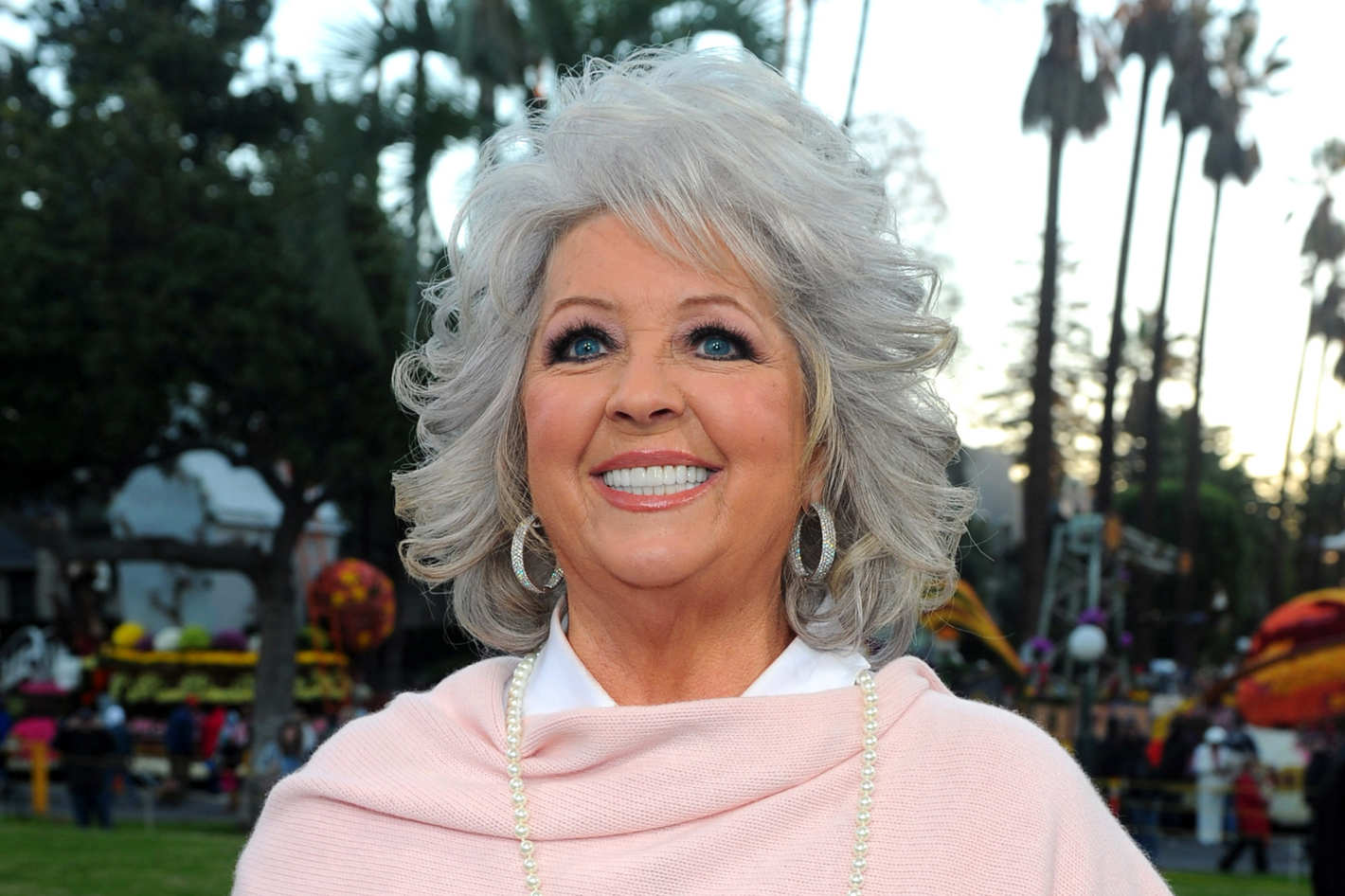What is it about the food service industry and high-profile discrimination cases? Last week, embattled Papa John’s chairman John Schnatter — who had already stepped down as CEO for his comments on NFL players’ protests — resigned after using the n-word during a corporate meeting on public relations, before then attempting to walk back his resignation.
Starbucks announced a country-wide employee training session on implicit bias after two black men were arrested for loitering in one of their locations. Chik-Fil-A’s controversial legacy of contributions to anti-gay marriage groups reared its head again this June, when Twitter CEO Jack Dorsey tweeted about having eaten there.
Are these just isolated incidents, or is this a pattern worth looking into? America does have a lot of discrimination incidents in general, but I think there’s something notable about how many of them seem to come out of the food service industry.
Restaurants and bars occupy a unique position by being private businesses that act like public places, which could explain why discrimination in food service draws heavy media attention. Whether as a standalone or part of a franchise, restaurants operate under a standard company hierarchy, but because the inside of a restaurant serves as a public space, people have certain rights there. Bigoted employees enable discriminatory practices within the company, but the individual incidents closely resemble public discrimination, which is thoroughly taboo.
The split public and private nature of restaurants complicated two recent but very different cases related to discrimination. The first case, Masterpiece Cakeshop v. Colorado Civil Rights Commission, ended in a putative victory for the discriminating party when the Supreme Court ruled that a baker who refused to bake a wedding cake for a gay couple was unfairly treated by his state’s Civil Rights Commission. The second saw a co-owner of the Red Hen restaurant in Lexington, Virginia, refuse to serve Press Secretary Sarah Sanders who, in the co-owner’s opinion, enabled a corrupt and cruel border policy.
The Red Hen Restaurant should focus more on cleaning its filthy canopies, doors and windows (badly needs a paint job) rather than refusing to serve a fine person like Sarah Huckabee Sanders. I always had a rule, if a restaurant is dirty on the outside, it is dirty on the inside!
— Donald J. Trump (@realDonaldTrump) June 25, 2018
Both cases feature an individual denying service to someone at their establishment based on their own feelings or values, one based in religion and the other in politics. It can be difficult to justify, legally, why these two cases should be considered distinct, even though the latter was based on opposition to discriminatory practices at the border.
Speaking of denying service, the peculiarity of restaurants in discrimination cases is reinforced by them being a service industry. It only makes sense that a bigoted person would grow bitter when their job entails things like serving and cleaning up after people they resent — a bitterness that might have informed Paula Deen’s much-criticized remarks in 2013 about a hypothetical Southern plantation-themed wedding with black servers, for example.
The earliest example of restaurant-related discrimination making waves in a big way is the Greensboro Lunch Counter sit-in and its descendants. In 1960, a small group of black college freshmen in North Carolina sat down at a whites-only Woolworth’s lunch counter. The Woolworth’s sit-in was arguably the first of the civil disobedience protests of the ‘60s.
The weeks following the original Woolworth’s sit-in spurred copycat protests through the rest of the South and served as a forerunner to the larger civil rights movement of the decade. There’s no doubt that at least some of the Woolworth’s workers who refused to serve sit-in protesters felt humiliated or emasculated by the thought of having to serve black people.
Even without considering the “service” aspect of restaurants, public places can often be treated territorially by people aiming to discriminate. The spate of incidents in which white people called the police on black people for barbecuing, sleeping or doing similarly innocuous things in public relate to a feeling that minorities don’t belong in public spaces — which would, in their minds, include restaurants.
I strongly suspect the importance of restaurant discrimination has something to do with both the industry’s blurring of the public and private, and the reality that individual employees required to provide service might be prejudiced. Bigotry in America isn’t going away anytime soon, and its many dimensions make it an incredibly complex issue. Taking it seriously means approaching it from every angle possible to try and understand the meanings behind what happens.











